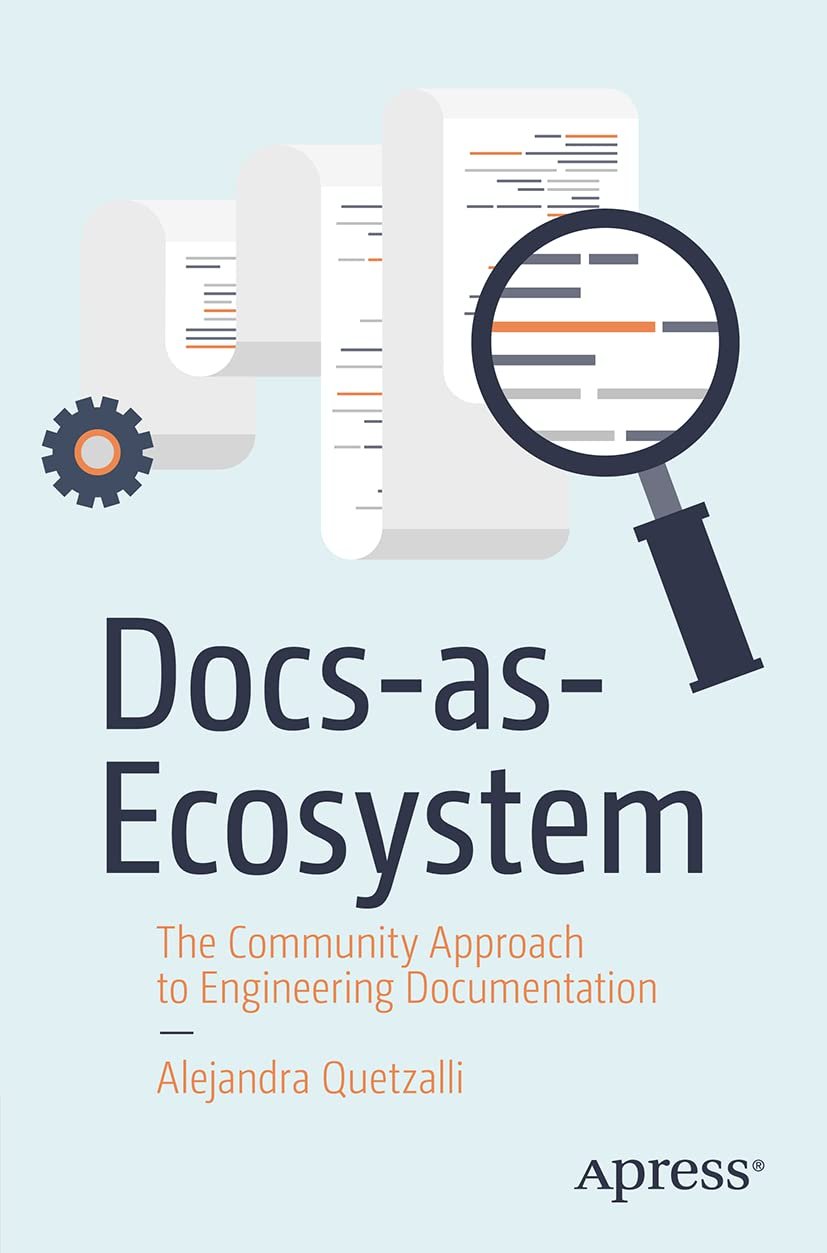Documentation is more than an organized afterthought exclusive to a select team; it’s an opportunity to show a system’s inner workings, fostering a culture of openness and collaboration beyond bureaucratic confines.
Alejandra Quetzalli’s concept of “docs-as-ecosystem” transforms documentation from static exclusivity to dynamic inclusivity. This culture is vital for documentation to play a key role in building sustainable, thriving systems, be they products, services, organizations, communities and even democracy.
Quetzalli’s “Docs-as-Ecosystem: The Community Approach to Engineering Documentation” serves as an excellent primer on cultivating a documentation culture, breaking down bureaucratic silos and reshaping government’s ties with technology vendors.
Government agencies should adopt a docs-as-ecosystem mindset when building digital services, showing a genuine commitment to human-centered design and customer experience in public service.
Government vendors should provide public documentation on products and services, demonstrating an open, proactive approach to customer support. This transparency aids government in understanding the offerings beyond a typical request for proposal response, potentially reshaping how technology is reviewed and procured.
Quetzalli’s approach encompasses key elements of government digital service delivery: accessibility, design, data and experience. It also addresses a culture of open: engagement, contributions, community feedback and communications. Incorporating docs-as-ecosystem can transform government practices, enhancing transparency, accountability, engagement and fundamentally altering the delivery of digital services to the public.
Docs-as-ecosystem embodies the components of a robust digital democratic ecosystem: accessibility, interoperability, sustainability, inclusiveness, collaboration and community
“Docs-as-Ecosystem” is for all of democracy: elected officials, public servants, government vendors and the people they serve.
